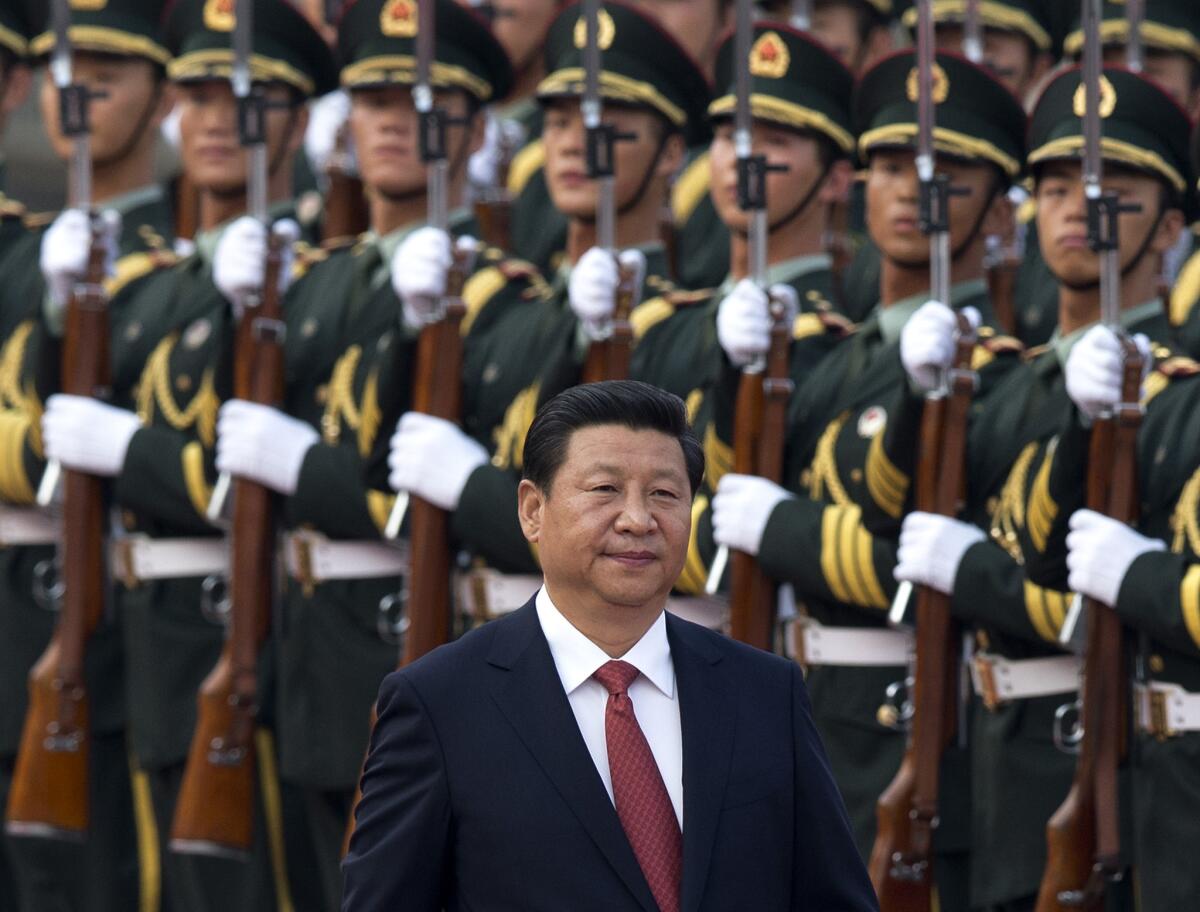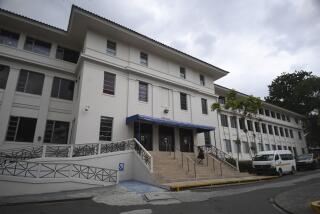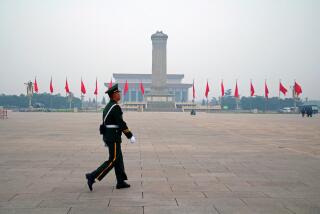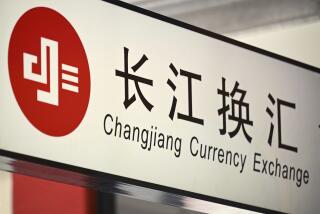Leaked files reveal offshore holdings of rich, politically connected

BEIJING -- From the brother-in-law of Chinese President Xi Jinping to a daughter of the late Philippine dictator Ferdinand Marcos, thousands of the rich and politically connected have been outed as having secret offshore holdings.
The International Consortium of Investigative Journalists on Wednesday said it had obtained a cache of about 2.5 million files with information from two financial firms, Singapore-based Portcullis TrustNet and Commonwealth Trust Ltd. of the British Virgin Islands, that helped wealthy customers set up offshore accounts.
When measured in gigabytes, the data is more than 160 times larger than the State Department documents released in 2010 by Wikileaks, the Washington-based nonprofit wrote. It did not disclose who leaked the data or the motives behind the disclosure.
The names published are a veritable who’s who of political elites from all corners of the globe: the wife of Russia’s deputy prime minister, Igor Shuvalov, and top executives of Russian energy giant Gazprom. From Mongolia, the deputy speaker of parliament; from Azerbaijan, the daughters of President Ilham Aliyev; and from the Philippines, Imee Marcos, a provincial governor and the late leader’s eldest daughter.
Among the Americans was Denise Rich, a songwriter and the ex-wife of the late Marc Rich, a financier indicted on charges of tax evasion, illegal dealings with Iran and other crimes who was later pardoned by President Clinton.
The journalists’ group identified 37,000 offshore clients with addresses in mainland China, Hong Kong or Taiwan. The group said it would post the names beginning Thursday in an online database.
Among the Chinese named were Deng Jiagui, a businessman who is married to the president’s older sister. He was reported to own a 50% stake in a real estate company based in the British Virgin Islands. The report also named former Premier Wen Jiabao’s son, Wen Yunsong, and son-in-law, Liu Chunhang, both of whom have aroused suspicion because of the great wealth they accumulated during Wen’s tenure.
Former leader Deng Xiaoping’s son-in-law, Wu Jianchang, also made the list, along with ex-Premier Li Peng’s daughter, Li Xiaolin, and a cousin of former President Hu Jintao, Hu Yishi.
“China’s elites were aggressively using offshore havens to hold assets, list companies in the world’s stock exchanges, buy and sell real estate and conduct their business away from Beijing’s red tape and capital controls,’’ the journalist consortium wrote on its website.
There are legitimate uses for offshore accounts, and having one does not necessarily mean that a person acted illegally. But the expose is likely to cause great embarrassment, especially in China, where the Communist Party is in the throes of one of its episodic anti-corruption campaigns.
The Chinese government has cracked down on activists who have been calling for officials and their families to file disclosure statements of their assets.
On Wednesday, as the journalists’ expose was being published, crusading lawyer Xu Zhiyong went on trial in a closed Beijing courthouse on charges of “disrupting public order” for organizing an anti-corruption campaign. Foreign correspondents waiting outside the courthouse were hassled by Chinese security.
Any discussion about the personal riches of the Communist Party leadership is strictly taboo here. After publishing exposes in 2012 and 2013, the New York Times and the Bloomberg news service were unable to obtain new visas for China-based journalists and had their websites blocked.
Chinese journalists have been unable to touch the topic. The journalists’ consortium wrote that it had been working with a Chinese organization to analyze the data, but that the organization -- which it did not identify -- dropped out in November after receiving warnings from the Chinese government.
Twitter: @BarbaraDemick
emick
More to Read
Start your day right
Sign up for Essential California for news, features and recommendations from the L.A. Times and beyond in your inbox six days a week.
You may occasionally receive promotional content from the Los Angeles Times.






